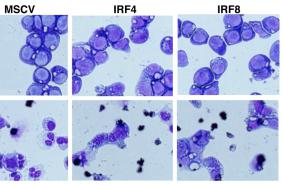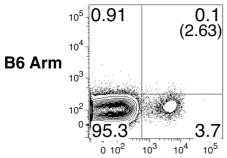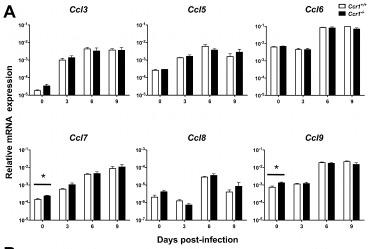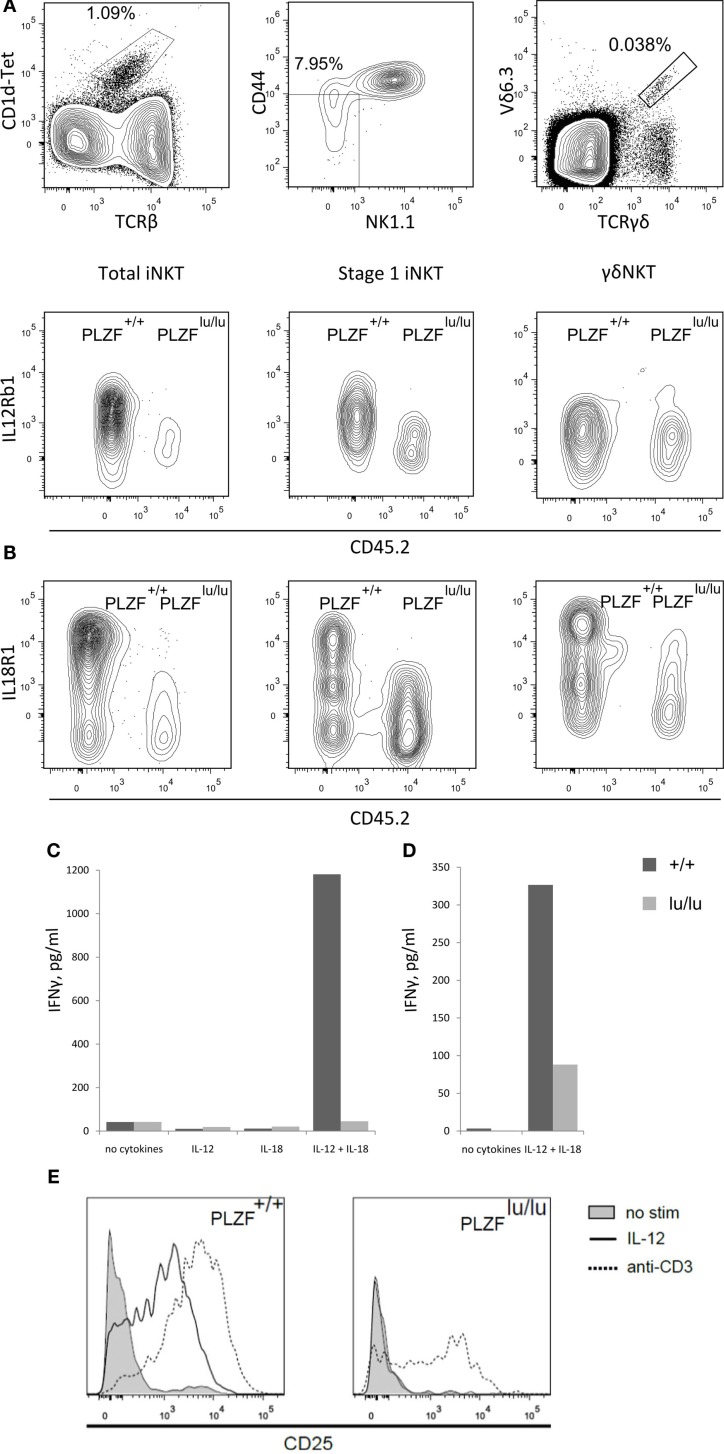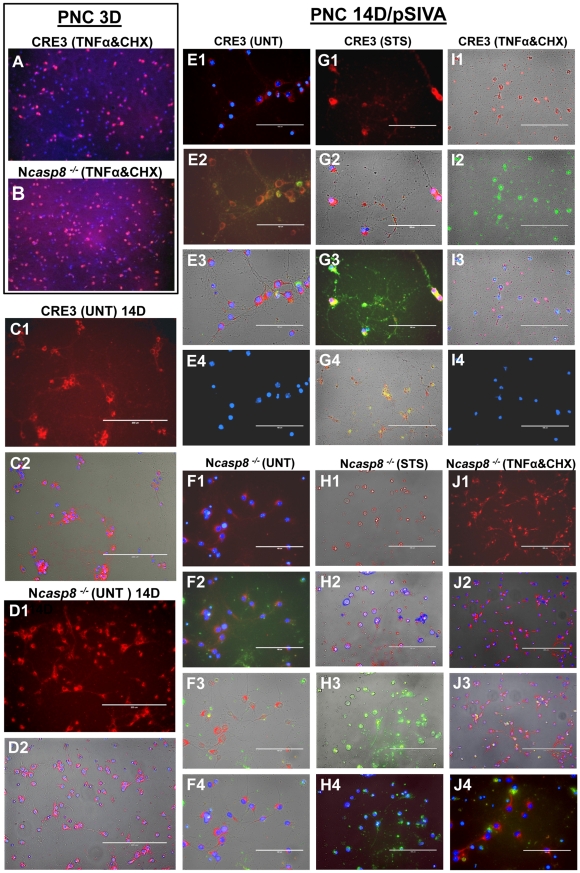Human Fibroblast Growth Factor 23 Recombinant
Category: Recombinant Mouse Cytokines$70.00 – $3,500.00
Description
Accession
Q9GZV9
Source
Optimized DNA sequence encoding Human Fibroblast Growth Factor-23 mature chain was expressed in Escherichia Coli.
Molecular weight
Native human FGF23 is generated by the proteolytic removal of the signal peptide and propeptide, this molecule has a calculated molecular mass of approximately 23 kDa. Recombinant Fibroblast Growth Factor-23 is a monomer protein consisting of 228 amino acid residue subunits,and migrates as an approximately 23 kDa protein under reducing conditions in SDS-PAGE.
Purity
>96%, as determined by SDS-PAGE and HPLC
Biological Activity
The ED(50) was determined by the dose-dependent proliferation of mouseT3 cells expressing FGF receptors, and was found to be <0.3ug/ml., corresponding to a specific activity of.0 x Units/mg.
Protein Sequence
MLGARLRLWV CALCSVCSMS VLRAYPNASP LLGSSWGGLI HLYTATARNS YHLQIHKNGH VDGAPHQTIY SALMIRSEDA GFVVITGVMS RRYLCMDFRG NIFGSHYFDP ENCRFQHQTL ENGYDVYHSP QYHFLVSLGR AKRAFLPGMN PPPYSQFLSR RNEIPLIHFN TPIPRRHTRS AEDDSERDPL NVLKPRARMT PAPASCSQEL PSAEDNSPMA SDPLGVVRGG RVNTHAGGTG PEGCRPFAKF I
Endotoxin
Endotoxin content was assayed using a LAL gel clot method. Endotoxin level was found to be less than 0.1 ng/µg(1EU/µg).
Presentation
Recombinant Human FGF23 was lyophilized from.2 μm filtered PBS solution, pH.4 .
Reconstitution
A quick spin of the vial followed by reconstitution in distilled water to a concentration not less than 0.1 mg/mL. This solution can then be diluted into other buffers.
Storage
The lyophilized protein is stable for at least years from date of receipt at -20° C. Upon reconstitution, this cytokine can be stored in working aliquots at2° -8° C for one month, or at -20° C for six months, with a carrier protein without detectable loss of activity. Avoid repeated freeze/thaw cycles.
Usage
This cytokine product is for research purposes only.It may not be used for therapeutics or diagnostic purposes.
Interactor
O35082
Interactor
Q61851
Interactor
Interactor
Interactor
Biological Process
Molecular function



